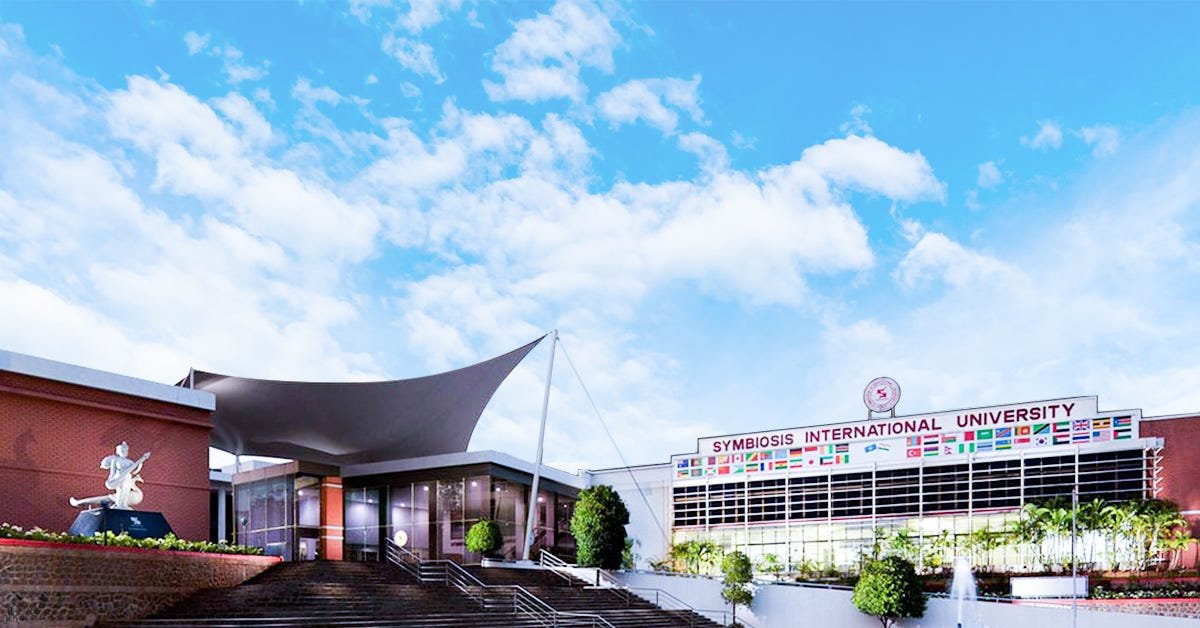Introduction
The National Institute of Fashion Technology (NIFT) stands as a premier institution in India dedicated to fashion education, research, and training. With its rich legacy and commitment to excellence, NIFT has been instrumental in shaping the careers of countless fashion professionals. This cover story delves into the founding reasons, the vision of its founders, and the institution’s remarkable journey in fashioning careers.
Founding Vision
The establishment of NIFT was driven by the recognition of the growing importance of fashion as a significant sector in India’s economy. In the late 1980s, there was a pressing need to create a dedicated institution that could provide specialized education and training in fashion design and technology, aligning with international standards. The aim was to nurture creative talents and equip them with the skills required to excel in the global fashion industry.
Founders and Early Supporters
NIFT was founded in 1986 under the aegis of the Ministry of Textiles, Government of India. The institution was conceptualized with the support of the Fashion Institute of Technology (FIT), New York, which provided the initial technical assistance. The collaboration with FIT helped in establishing a robust curriculum, training faculty, and setting up state-of-the-art facilities.
The visionaries behind NIFT’s establishment included prominent figures such as Mr. Pranab Mukherjee, who was the Union Minister of Textiles at the time, and other key policymakers who recognized the potential of fashion as an industry and its impact on the economy. They envisioned NIFT as a center of excellence that would not only cater to the Indian market but also compete on a global scale.
Mission and Objectives
The primary mission of NIFT is to offer a world-class education in fashion design, technology, and management, thereby fostering creativity and innovation. The objectives of the institution include:
- Providing comprehensive education and training in various facets of fashion.
- Promoting research and development in fashion technology.
- Bridging the gap between industry and academia.
- Encouraging entrepreneurship and fostering a spirit of innovation.
- Developing a global perspective among students.
Campus and Facilities
NIFT started with its first campus in New Delhi, which quickly became a hub for aspiring fashion professionals. Over the years, NIFT expanded its presence across India, establishing campuses in major cities such as Mumbai, Kolkata, Chennai, Bengaluru, Hyderabad, Gandhinagar, Raebareli, Patna, Kangra, Shillong, Bhopal, Kannur, Bhubaneswar, Jodhpur, and Panchkula.
Each campus is equipped with cutting-edge facilities, including design studios, laboratories, resource centers, and libraries. The infrastructure is designed to provide students with an environment conducive to creativity and innovation. NIFT’s campuses are also equipped with advanced technology to facilitate practical learning and industry interaction.
Academic Programs
NIFT offers a diverse range of undergraduate, postgraduate, and doctoral programs in various disciplines related to fashion and design. The programs are designed to provide a holistic education, combining theoretical knowledge with practical skills. Some of the key programs include:
- Bachelor of Design (B.Des) in Fashion Design, Textile Design, Accessory Design, Knitwear Design, Leather Design, and Fashion Communication.
- Bachelor of Fashion Technology (B.FTech) in Apparel Production.
- Master of Design (M.Des).
- Master of Fashion Management (MFM).
- Master of Fashion Technology (M.FTech).
The curriculum is continually updated to keep pace with the evolving trends and technologies in the fashion industry. NIFT also offers various short-term courses and continuing education programs to cater to the needs of industry professionals and enthusiasts.
Industry Interface and Placements
NIFT has established strong ties with the fashion industry, both in India and internationally. The institution regularly collaborates with leading fashion houses, brands, and organizations for various projects, internships, and placements. This industry interface ensures that students gain hands-on experience and exposure to real-world challenges.
The placement cell at NIFT works tirelessly to connect students with potential employers. NIFT graduates are highly sought after by top fashion brands, designers, and retail chains. The institution boasts an impressive placement record, with many alumni holding key positions in renowned organizations worldwide.
Research and Innovation
NIFT is committed to advancing research and innovation in the field of fashion and design. The institution has established several research centers and labs dedicated to exploring new technologies, sustainable practices, and innovative design solutions. NIFT’s research initiatives have led to significant contributions in areas such as textile technology, garment manufacturing, and fashion forecasting.
Alumni and Impact
NIFT’s alumni network is a testament to the institution’s success in shaping fashion professionals. Its alumni have made a mark in various domains, including fashion design, retail, marketing, and entrepreneurship. Some of the notable alumni include renowned designers like Sabyasachi Mukherjee, Manish Arora, Ritu Beri, and Rahul Mishra, who have gained international acclaim for their work.
The impact of NIFT extends beyond individual success stories. The institution has played a crucial role in transforming the Indian fashion industry, making it more competitive on the global stage. NIFT’s emphasis on creativity, innovation, and sustainability has influenced industry practices and contributed to the growth of the fashion sector in India.
Future Prospects
Looking ahead, NIFT continues to evolve and adapt to the changing needs of the fashion industry. The institution is focused on enhancing its academic offerings, expanding research initiatives, and fostering global collaborations. NIFT aims to remain at the forefront of fashion education, producing leaders who can drive the industry forward with innovation and vision.
Conclusion
The National Institute of Fashion Technology (NIFT) has carved a niche for itself as a premier institution for fashion education and research. Its journey from a visionary idea to a globally recognized institution is a testament to the vision and dedication of its founders and supporters. NIFT’s commitment to excellence, innovation, and industry relevance has made it a beacon of hope and inspiration for aspiring fashion professionals.
NIFT’s legacy of fashioning careers continues to grow, as it nurtures the next generation of creative talents and industry leaders. As the institution looks to the future, it remains steadfast in its mission to shape the global fashion landscape and contribute to the growth and success of the industry.




